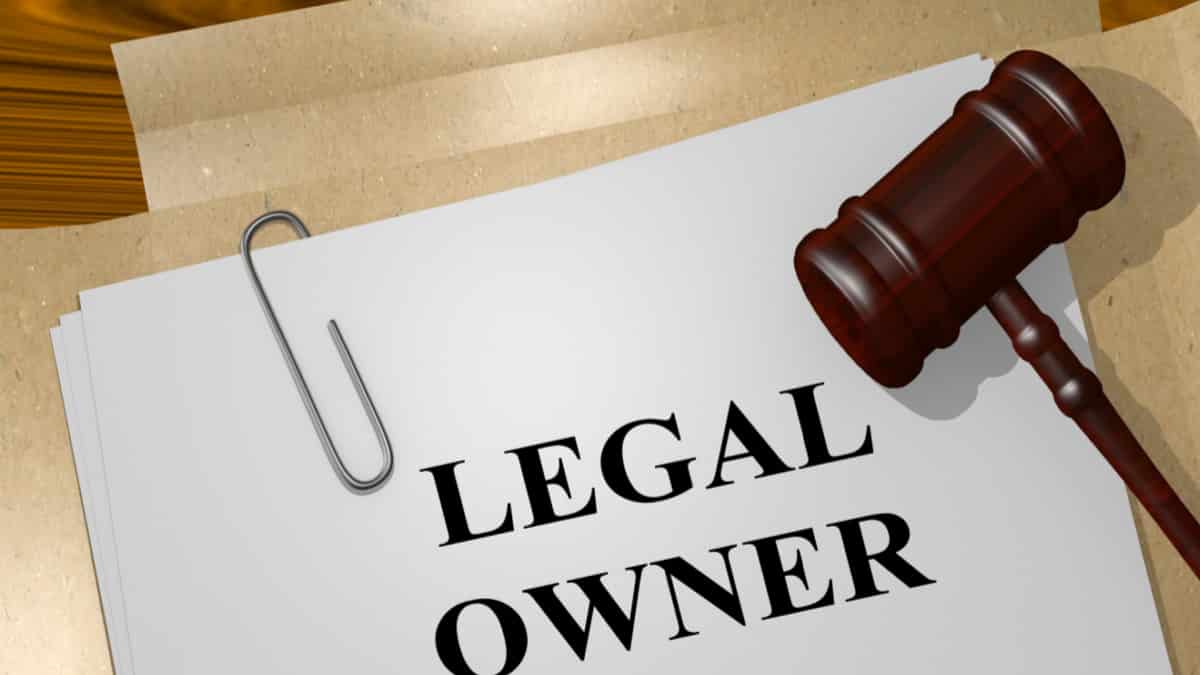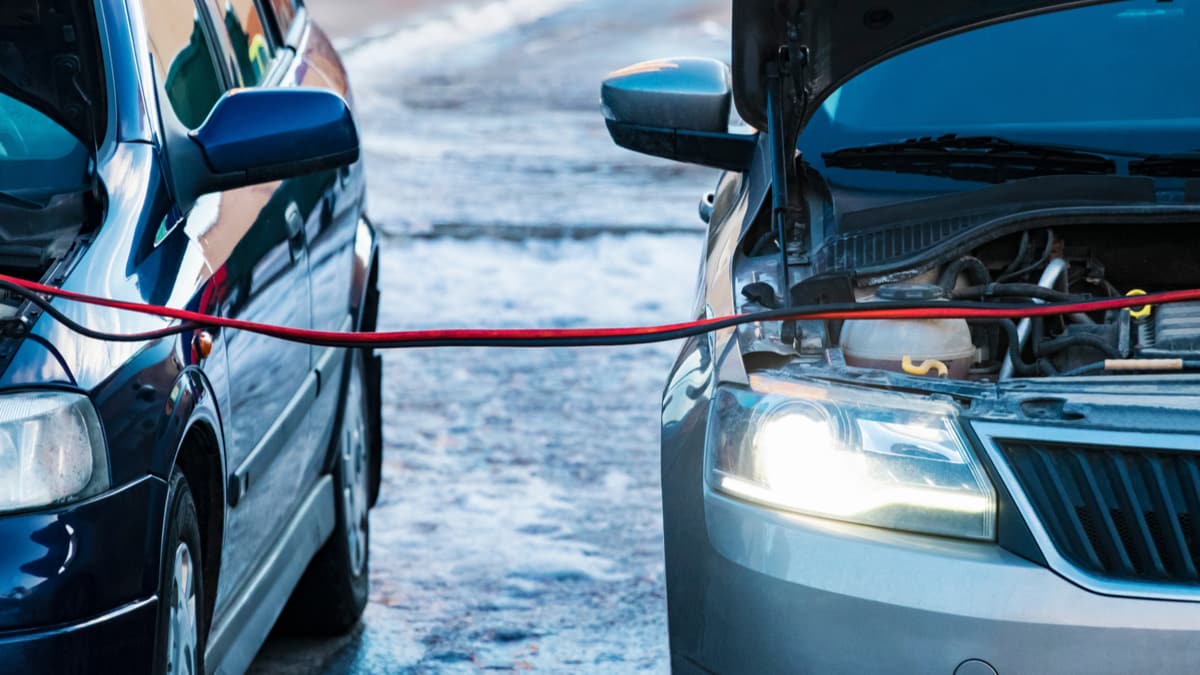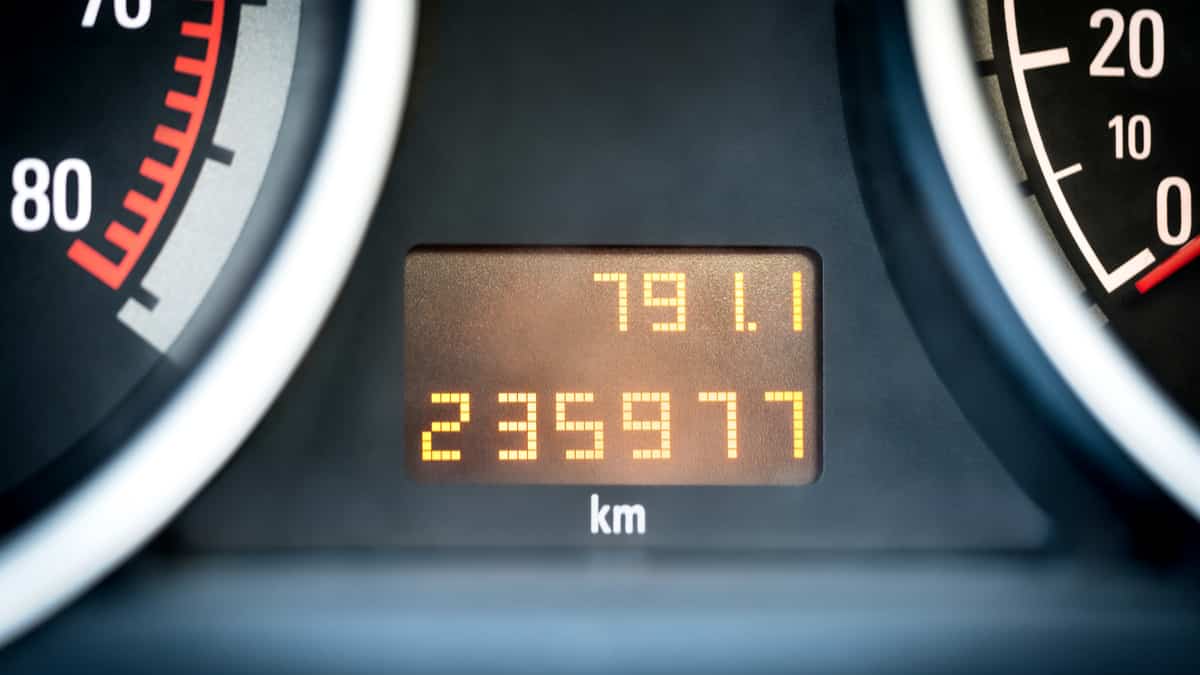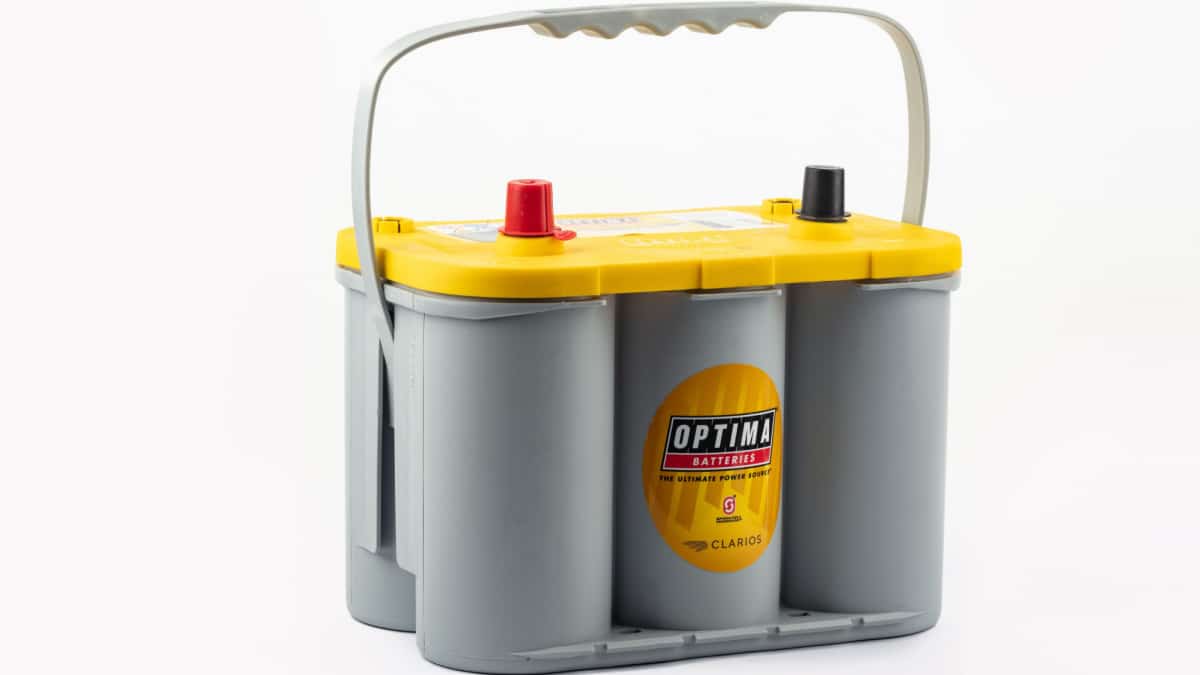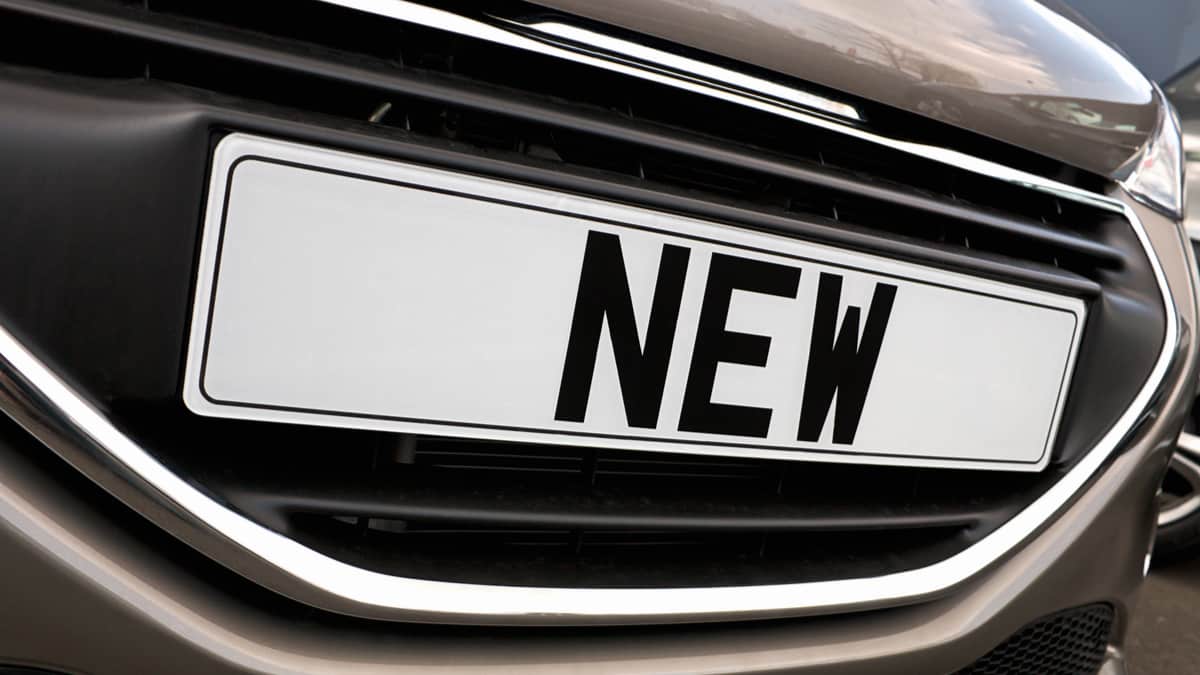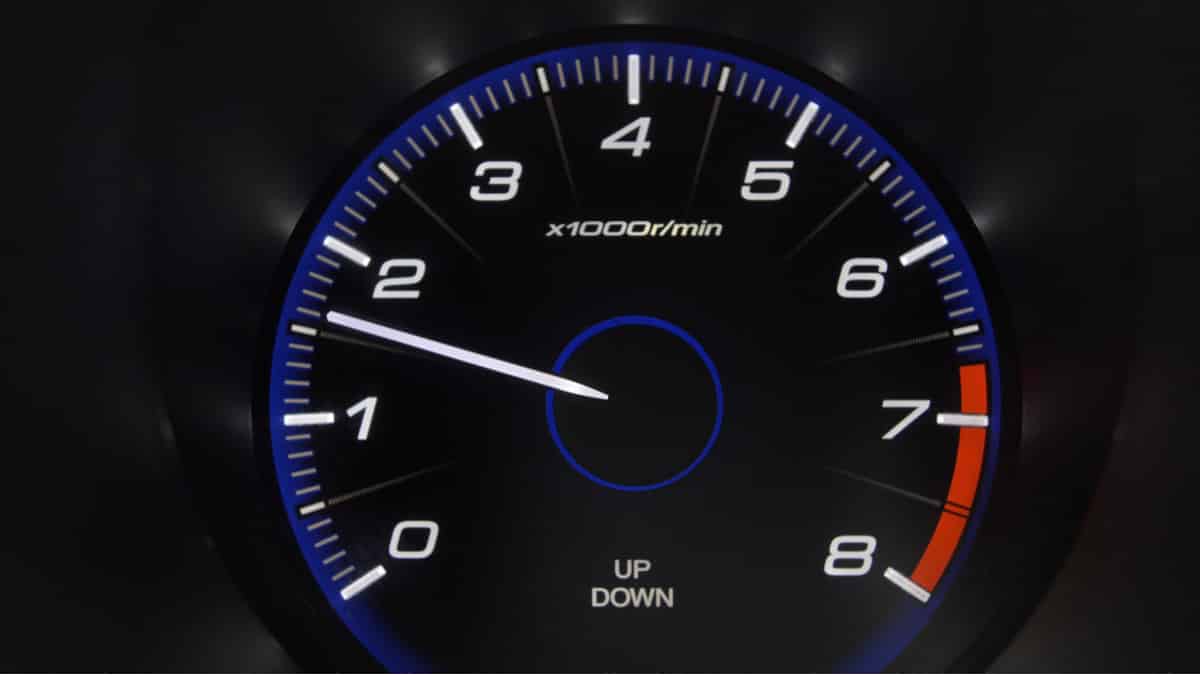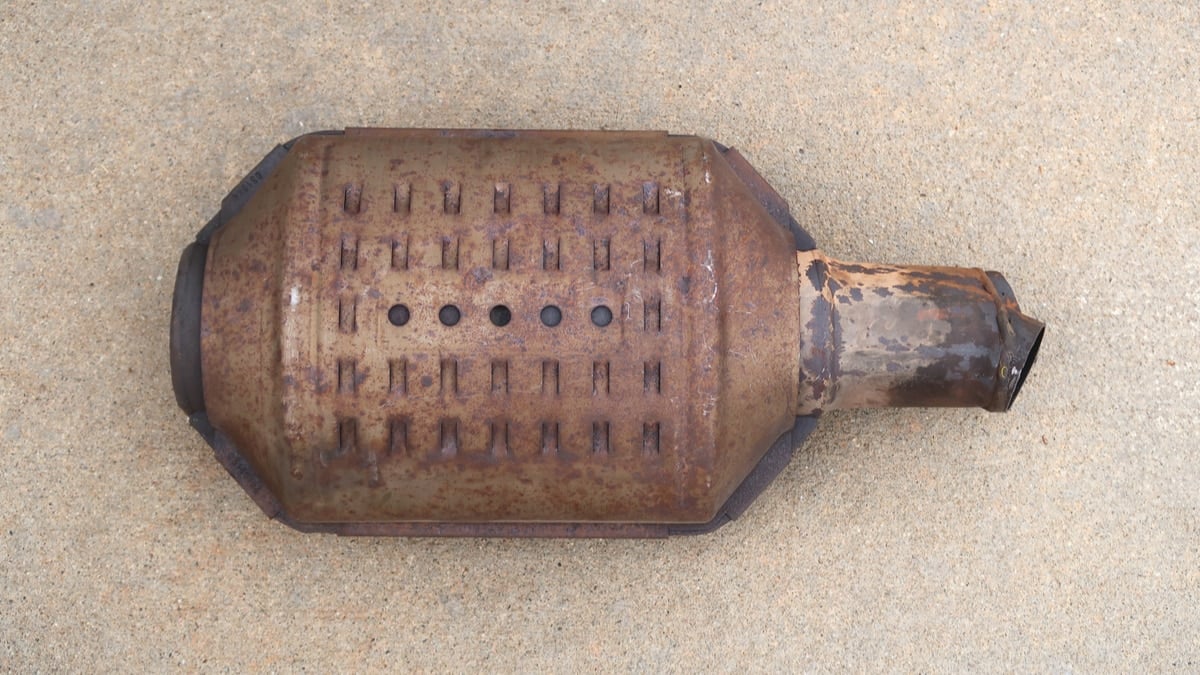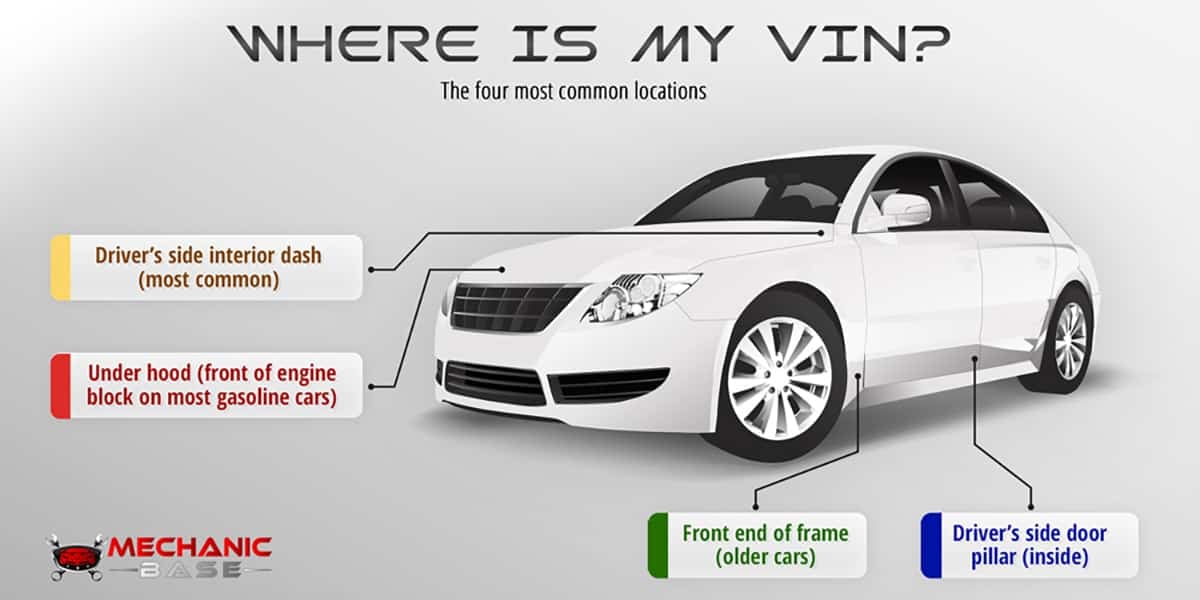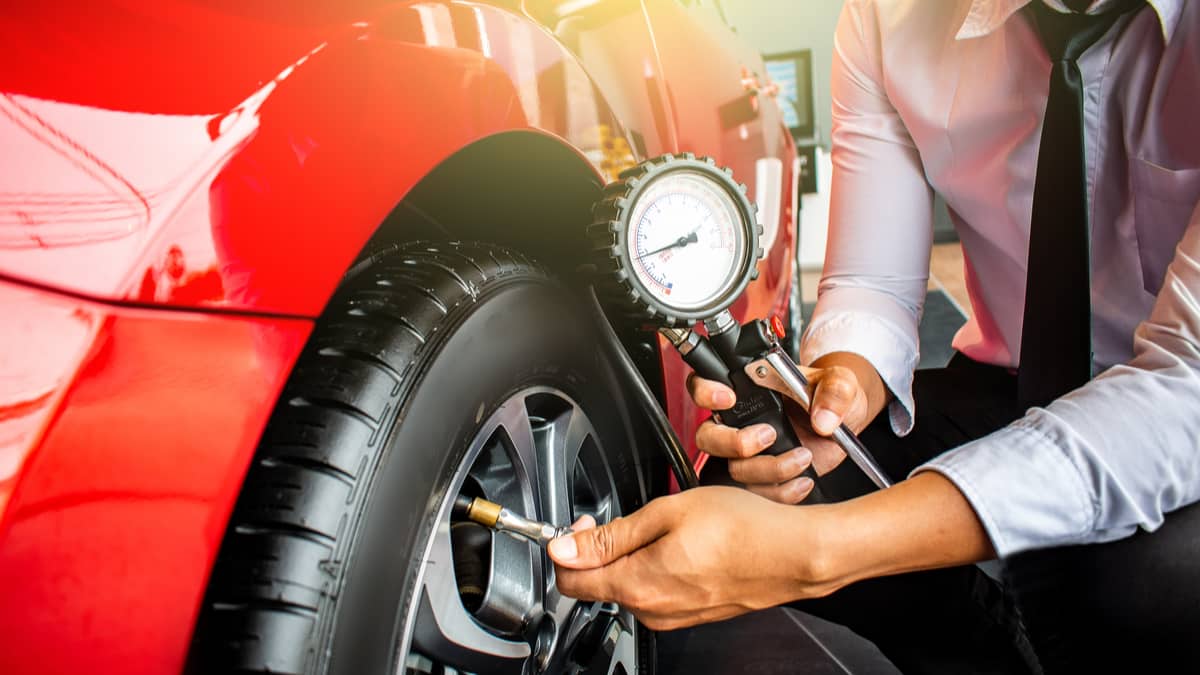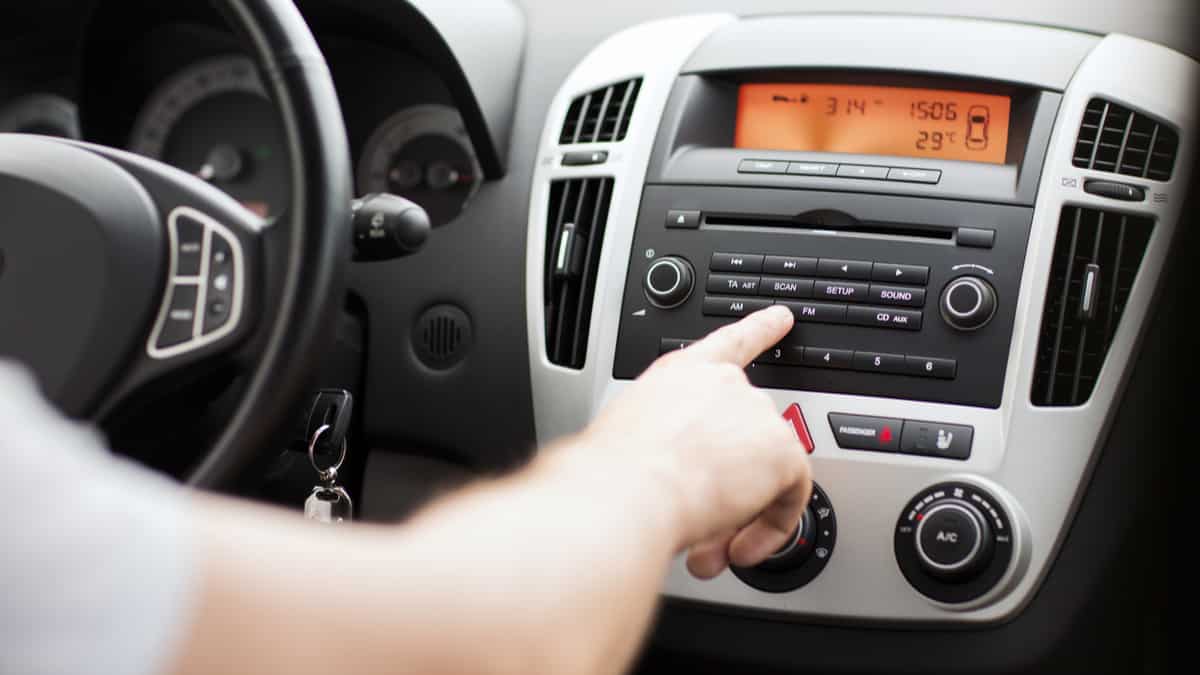Very few people care much about the title number for their vehicle because it’s not something that is needed often. However, when it is needed, you must know how to find the title number of a car.
In this guide, I review the areas where you can find the title number. I also explain why you would want this number, and I describe the different types of car titles.
What is a car title number?
A car title number is a 7- or 8-digit number that identifies your car’s title, and it’s found on your car’s certificate of title and your registration. The car’s title number is issued when the car gets a new owner, and will change when the car changes ownership.
A title number won’t tell us anything about the owner of a car, make and model, or other vehicle-specific information. However, it’s useful when you need to get a new title or find a missing title.
How to Find the Title Number of a Car
The title number can be found on several documents. You can find it on the title or vehicle registration. If you don’t have these documents, it’s possible to get the information from your local DMV or insurance company as well. The financer might also have the relevant number.
1. On the Title
The best place to find the title number is on the vehicle title itself. Every title includes the number, so you don’t have to look far.
In general, it’s listed above the VIN, but it could be different based on the state you are in. Usually, the title number is eight digits long.
2. On the Vehicle Registration/Renewal
Some states also use the title number on the vehicle registration. This document should be with the vehicle at all times, so you always have access to the title number.
On the document, you should be able to find the number near the make and model of the vehicle. You may also find it on the renewal document.
3. Local DMV
If there’s no documentation available with the title number, you can talk to your local DMV. Your DMV has a copy of the car title with the number on it.
However, you will need to prove who you are before they give you any information. In some states, you can perform this inquiry in person or you might have to call. While you are dealing with the DMV, you should go ahead and order a copy of your title before you need it.
4. Insurance Company
Some insurance companies require the title number, although it’s not as common. Normally, the insurance provider only needs the VIN, but it’s worth asking.
With a quick call to the insurance company, you can find out one way or another. You might also want to review your policy while you are on the phone to ensure you have the coverage you need.
5. Financing Company
If you don’t own your vehicle, you might not even have the title in hand. Some financing companies keep the title or a copy on file while you are paying the loan.
Give the financer a call to ask for the title number. You can also get more information while you are talking with them, like finding out how much longer you need to pay before you get the title to your vehicle. Once the loan is paid off, the company should mail the title out to you.
Car Title Types
1. Clean
Before you purchase a vehicle, you want to ensure it has a clean title. This designation shows that the insurance company has never deemed the vehicle a total loss.
You know this car was never totaled by the provider. The only way to ensure you are paying for a high-quality vehicle is to choose one with a clean title.
2. Clear
In addition to a clean title, you also want one that is clear. All this designation shows is that there’s no financing for the vehicle.
When a financing company owns the vehicle, the title isn’t clear. Once the lien is paid off, the title will be changed to clear. Basically, you want a clear, clean title when you purchase a used vehicle.
3. Lemon/Factory Buy Back
When a car seems to have problems right from the factory, it’s known as a lemon. There are laws for lemon cars, allowing the customer to get their money back. However, these laws vary between states, so you would need to check your local laws to see what’s involved.
Once the car is determined to be a lemon, the manufacturer will buy it back. The car title will also reflect that it was bought back, ensuring that all customers know this is a car you want to stay away from in the future.
4. Salvage
The salvage title shows that the insurance company declared the vehicle as a total loss. Whether the damage occurred through an accident, flood or another incident, the cost to repair the vehicle would have been more than the value of the car itself.
In general, you want to avoid cars with a salvage title unless you are looking to rebuild the car, which can be an extensive process. These cars will be sold at a much lower price than those with a clean title.
5. Rebuilt
The rebuilt title reveals that the salvage vehicle has passed inspections showing it has been completely repaired. After it was declared a total loss, it was rebuilt and repaired back to industry standards.
These cars have to go through a strict inspection process, ensuring they are sound for on-road usage again. However, you still shouldn’t pay full price for one of these vehicles, as anything could go wrong down the road.
What is a Title Number Needed for?
The title number doesn’t have a lot of purposes. It’s not nearly as important as the VIN (vehicle identification number) that acts as a serial number for the car. The title number is strictly an identification of the title itself.
The title number is strictly used when ownership changes hands. The title number will change after the vehicle changes ownership. Whether the financing company is turning the vehicle over to you or you are selling the car, the title number doesn’t serve much purpose.
What to Do if the Title is Lost?
If you no longer have the vehicle title, it’s best to get a duplicate from your state’s DMV. You can go online to download this request and send it in or fill out the information online. It’s also possible to go to some DMV offices in-person to complete the request. Either way, you will have to pay some money for the duplicate title.
While the amount paid will vary, there’s one thing that remains the same. You must prove you own the vehicle before a duplicate title is given to you. Make sure you have identification when you request your copy. You also need to wait a few weeks before the new title is mailed to you. This time allows the state to verify the information to reduce fraud.
Can a Vehicle Be Sold Without a Title?
You can sell your vehicle without a title, but you don’t want to. You will need to write up a bill of sale and sign an affidavit assuring that all of the information is correct.
The new buyer will have to apply for a bonded title, which can cost more money. It’s also a pain in some states to accomplish, so you may have to knock the asking price down to compensate the purchaser. Instead of going this route, it’s best to apply for your duplicate title before you plan to put the vehicle up for sale.
Can I get a copy of my car title online?
Yes. You can get a copy of your car title online. You will need the Vehicle Identification Number (VIN) for your vehicle in order to do so. The easiest way to obtain a copy of your car title is to visit the website of your state’s department of motor vehicles (DMV).
Categories: General
